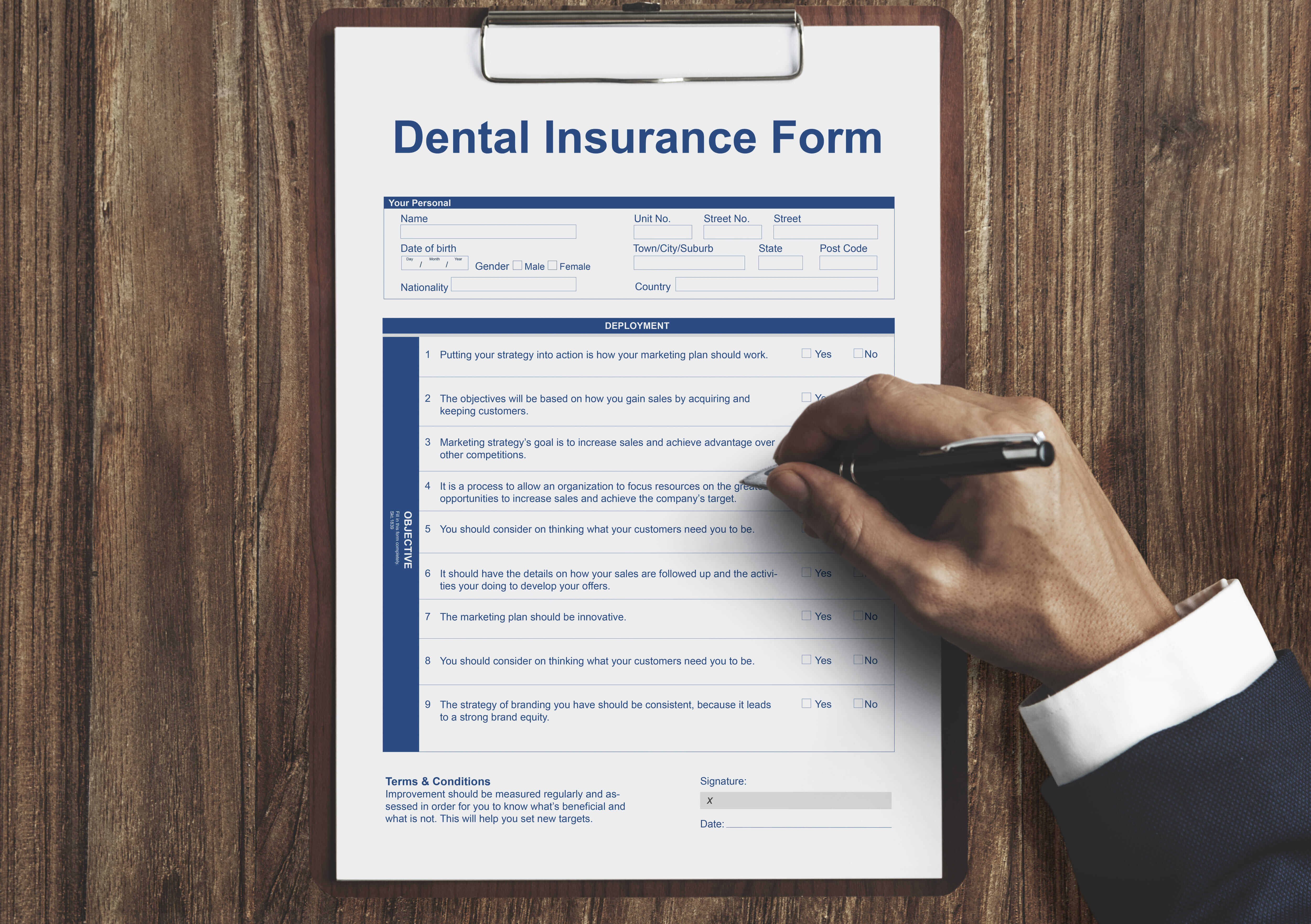The Dream Schedule: Reducing Cancelled Dentist Appointments

As a dental professional, you know that patient cancellations can wreak havoc on your practice. Not only do they result in lost revenue and missed opportunities to provide care, but they can also be frustrating and inconvenient for patients who must reschedule. Fortunately, there are several strategies you can use to reduce the likelihood of cancellations and improve the patient experience.
Reasons Behind Patient Cancellations
When it comes to appointment cancellations in a dental practice, people tend to have a variety of opinions and experiences. Some patients may cancel appointments due to unexpected emergencies, schedule conflicts, or financial constraints, while others may simply forget or feel nervous about their upcoming appointment.
Scheduling Conflicts
Patients may have other commitments or appointments that conflict with their dental appointment.
1. Fear or Anxiety
Some patients may experience anxiety or fear about their dental appointments, causing them to cancel at the last minute.
2. Financial Concerns
Patients may cancel their appointments due to financial constraints or unexpected expenses.
3. Illness or Emergency
Patients may cancel their appointments due to illness or emergency situations.
4. Transportation Issues
Patients may have difficulties with transportation, such as car trouble or lack of access to public transportation, which can cause them to cancel their appointment.
5. Forgetfulness
Some patients may simply forget about their appointment, leading to cancellation.
Tips To Reduce Patient Cancellations
Dental practitioners themselves often express frustration with cancellations, as they can lead to missed opportunities for revenue and a disruption in their schedules. However, some practitioners understand that cancellations can be a natural part of any business and strive to implement strategies to reduce them without putting undue pressure on their patients.

Tip 1: Set Clear Expectations
One of the most effective ways to reduce cancellations is to establish clear expectations with your patients. Communicate your office policies and remind patients of the consequences of missed appointments. For example, you might require patients to give at least 24 hours' notice to cancel an appointment. Use written agreements, such as a consent form that outlines your cancellation policy, and create an FAQ section on your website that answers common questions about scheduling and cancellations.
Tip 2: Streamline the Scheduling Process
A complicated or time-consuming scheduling process can discourage patients from booking appointments. That's why it's important to streamline the process as much as possible. Use an online booking system that allows patients to schedule appointments at any time, and send automated appointment reminders via email, text message, or phone call. This will help ensure that patients remember their appointments and reduce the likelihood of cancellations.
Tip 3: Offer Flexible Payment Options
Patients' financial situations can impact their ability to keep appointments. By offering dental patient consumer financing, you can help patients overcome these barriers. Payment plans that allow patients to spread out the cost of treatment over time are one option. You can also accept multiple forms of payment, including credit cards, checks, and cash. By making it easier for patients to pay for their treatment, you can reduce the likelihood of cancellations due to financial concerns.

Tip 4: Build Relationships with Patients
Developing a personal relationship with your patients can help build trust and loyalty. This can lead to fewer cancellations and more positive reviews and referrals. Take the time to get to know each patient by asking questions and listening attentively. Follow up with patients after appointments to see how they're feeling and answer any questions they may have. By showing patients that you care about their health and well-being, you can build lasting relationships that reduce cancellations.
Tip 5: Utilize Technology
Technology can be a powerful tool in reducing cancellations. Use software to track appointment history and identify patients who frequently cancel or reschedule. This can help you identify patterns and take steps to reduce cancellations. You can also offer virtual consultations for patients who are unable to come to the practice in person. This can help overcome scheduling or transportation barriers and reduce the likelihood of cancellations.
Benefits of Reduced Cancellations
Reducing patient cancellations in your dental practice can have a significant impact on your bottom line, patient satisfaction, and overall success as a practice. Here are some of the top benefits of reducing patient cancellations:
1. Increased Revenue
Fewer cancellations mean more consistent revenue streams. When patients don't show up for their appointments, your practice loses out on potential income. By reducing cancellations, you can ensure that your schedule is full and your team is consistently productive.
2. Improved Patient Satisfaction
When patients have to cancel appointments, it can be frustrating and inconvenient for them. By taking steps to reduce cancellations, you can improve the patient experience and build stronger relationships with your patients.
3. Enhanced Reputation
When patients have positive experiences at your dental practice, they are more likely to recommend your services to others. Reducing cancellations can help boost your practice's reputation and attract new patients.
4. Increased Efficiency
When your schedule is full and cancellations are minimal, your team can work more efficiently. This can help reduce stress levels and improve productivity throughout the practice.
5. Better Treatment Outcomes
When patients keep their appointments, they are more likely to receive the care they need on a consistent basis. This can lead to better treatment outcomes and improved overall health for your patients.
Summary: Cancelled Dentist Appointments
Reducing cancellations is crucial for a successful dental practice. By setting clear expectations, streamlining the scheduling process, offering flexible payment options, building relationships with patients, and utilizing technology, you can reduce cancellations and improve the patient experience. With these tips, you'll be able to keep your schedule full and provide the best possible care to your patients.

















